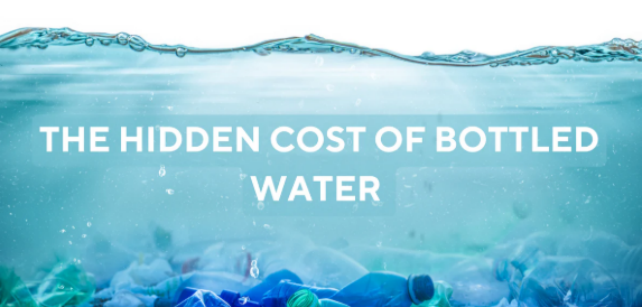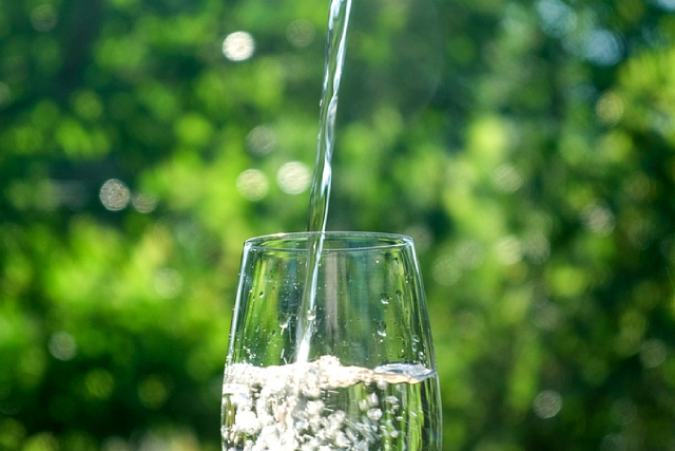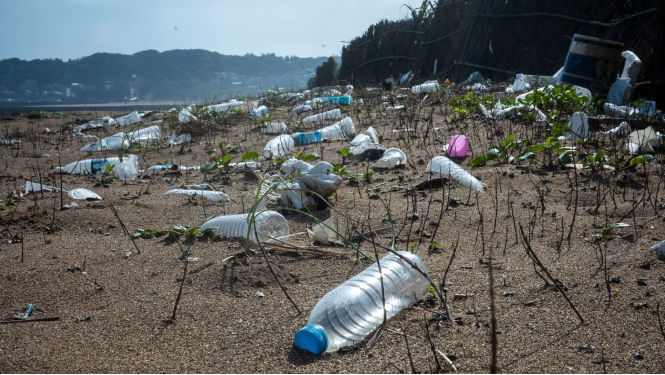Clean drinking water is essential, and millions of households around the world rely on either bottled water or home water purifiers to ensure safe, great-tasting hydration. While both options serve the same purpose, they differ drastically in cost, convenience, environmental impact, and long-term value.
If you're wondering which one is more budget-friendly in the long run, this guide will break down the true costs of bottled water vs. home water purifiers, helping you make an informed and sustainable decision.
1. The Hidden Costs of Bottled Water

At first glance, buying bottled water may seem cheap and convenient. But the costs add up quickly.
? Average Cost of Bottled Water:
- Single bottle (500ml): $0.50 to $2.00
- 1-gallon jug: $1.00 to $2.50
- Monthly cost for a family of 4: $60–$100
- Annual cost: $720–$1,200+
If you buy premium bottled water or choose glass packaging, these figures can be even higher.
❌ Additional Costs:
- Storage space in your home
- Transportation or delivery fees
- Environmental costs (plastic waste, recycling, emissions)
Bottled water might feel convenient, but it's a recurring expense that never stops—and that cost rises significantly over time.
2. The One-Time Investment of a Home Water Purifier

A home water purifier has a higher initial cost but offers long-term savings and convenience.
?️ Average Cost of a Water Purifier:
- Basic filter pitchers: $30–$60
- Countertop or faucet filters: $70–$150
- Reverse Osmosis (RO) systems: $200–$600+
- Annual filter replacement/maintenance: $30–$100
?Estimated Annual Cost for a Family of 4:
- Year 1 (unit + maintenance): $250–$500
-Year 2 and onward: $50–$100/year
Compared to the ongoing expense of bottled water, a purifier pays for itself within the first year, and offers even more savings in the long run.
3. Taste and Quality: Is Bottled Water Better?
Not always. In fact, many bottled water brands simply bottle filtered tap water, adding little or no extra purification. On the other hand, home purifiers give you control over what you're drinking.
Water Purifiers Can Remove:
- Chlorine and chloramine
- Lead, arsenic, and heavy metals
- Microorganisms (bacteria, viruses)
- Sediments, rust, and dirt
- Bad taste and odor
Plus, some models add beneficial minerals like calcium and magnesium—something many bottled waters lack.
4. Environmental Impact: The Real Cost of Plastic Bottles

Even if you recycle, bottled water has a heavy environmental footprint:
Over 1 million plastic bottles are sold every minute globally.
Only about 9% of plastic is recycled.
The rest ends up in landfills, oceans, or burned, releasing CO₂.
Bottled water has up to 2,000x the carbon footprint of tap water.
A home purifier reduces your carbon footprint, cuts plastic waste, and supports a more sustainable lifestyle.
5. Convenience and Availability
? Bottled Water:
- Requires storage space
- May run out unexpectedly
- Requires trips to the store or subscription services
? Home Water Purifier:
- Instant access to clean water 24/7
- No heavy lifting or delivery
- Easily used for drinking, cooking, tea/coffee, or even pets
With a purifier, you're never at the mercy of empty bottles or delivery delays.
6. Health and Safety Considerations
Bottled water may sit in warehouses or cars for weeks or months, especially under hot conditions. This can cause:
- Leaching of harmful chemicals like BPA and microplastics
- Bacterial growth if bottles are reused
Home purifiers eliminate these risks by delivering fresh, filtered water on demand. Plus, filters are often certified by organizations like NSF or WQA, ensuring high purification standards.
7. Who Should Choose Bottled Water?
Bottled water might be suitable if:
- You live in an area with no access to clean tap water
- You're traveling, camping, or in emergency situations
- You rarely drink water at home and want a backup supply
However, for most people, bottled water should be an occasional backup, not a daily habit.
8. Who Should Choose a Home Water Purifier?
Ideal for:
- Families with children
- Apartment or home dwellers
- People looking to reduce plastic waste
- Anyone concerned about water safety and taste
Modern purifiers are affordable, efficient, and easy to install. With models ranging from under-sink systems to countertop pitchers, there’s an option for every household and budget.
9. Final Verdict: Which One Wins?
? Verdict: Home Water Purifier is the clear winner.
While bottled water may seem convenient, it is significantly more expensive in the long run and far less sustainable. A home water purifier provides:
- Clean water on demand
- Massive long-term savings
- Better taste and safety
- Reduced environmental impact
If you're serious about saving money, protecting the planet, and investing in your family's health, switching to a home water purifier is one of the smartest decisions you can make.
--------------------------------------------------------------------------------------------------------------
SANAKY VIETNAM., CO LTD - Manufacturer of Chest Freezer - Upright Cooler, Transformer, RO Water Purifier...
? Website: www.sanaky-vn.com
 Vietnamese
Vietnamese  English
English  Chinese
Chinese  French
French  Spanish
Spanish  Russian
Russian  Arabic
Arabic  Portuguese
Portuguese